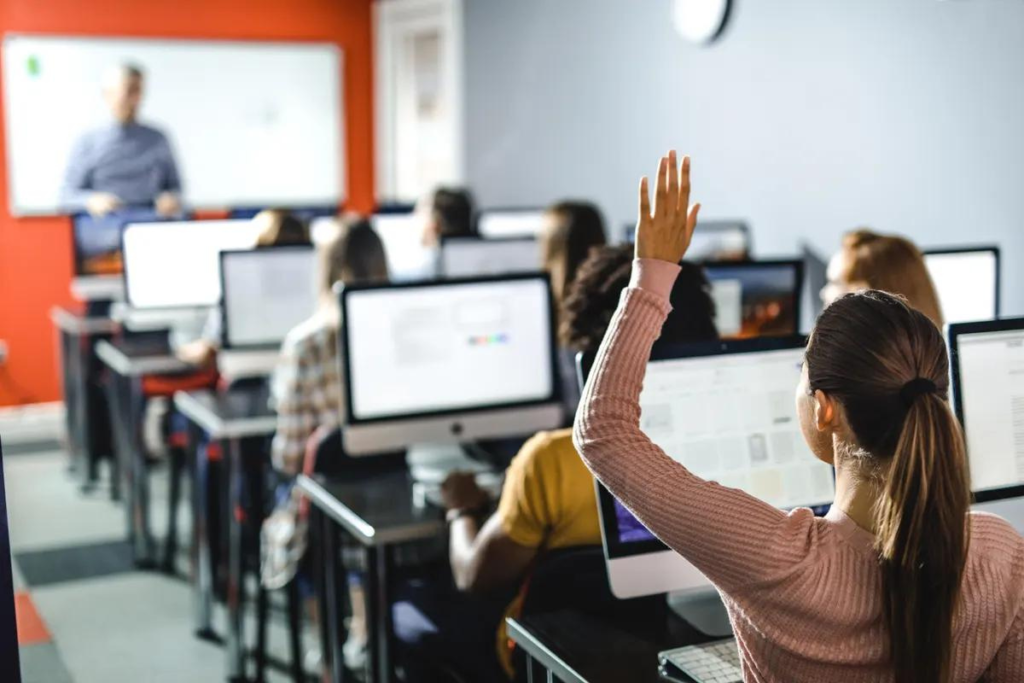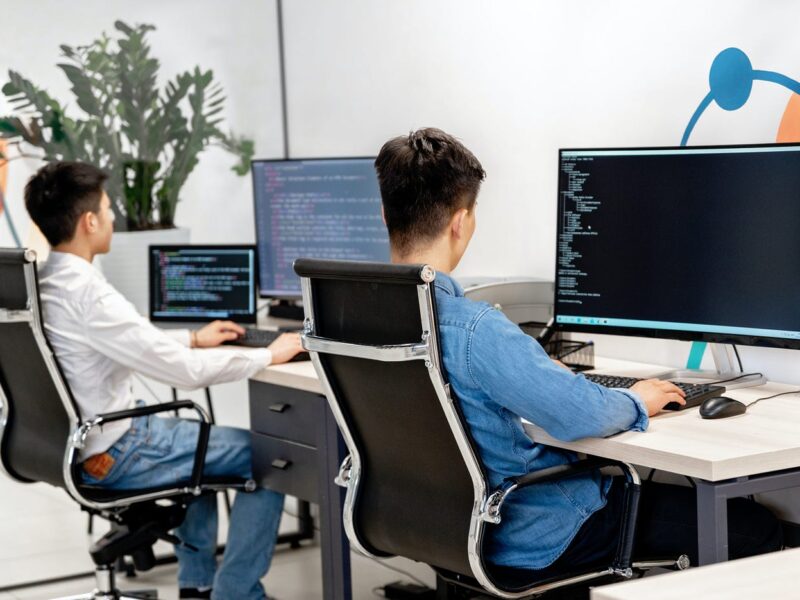
Technology has become an integral part of our lives, transforming the way we work, communicate, and even learn. In the realm of education, the digital frontier holds immense potential for revolutionizing traditional teaching methods and creating enhanced learning experiences. This blog post aims to explore the various ways in which technology is reshaping education and provide insights on navigating this digital landscape effectively.
Main Point 1: Integrating Technology in the Classroom
The integration of technology in the classroom opens up a world of possibilities for both educators and students. By leveraging technological tools, teachers can cultivate an engaging and interactive learning environment that caters to individual needs. Benefits of technology integration include increased student engagement, personalized learning opportunities, and access to a vast array of educational resources. Imagine students collaborating on a virtual whiteboard, conducting online research, or exploring complex concepts through interactive simulations. The possibilities are endless.
Main Point 2: The Rise of Blended Learning
Blended learning, a combination of traditional face-to-face instruction and online learning, has gained significant traction in recent years. This approach offers flexibility, personalization, and deeper engagement for students. By incorporating synchronous and asynchronous learning components, flipped classrooms, and adaptive learning technologies, educators can create a dynamic learning environment that caters to diverse learning styles and paces. However, implementing blended learning requires careful consideration of infrastructure, teacher training, and maintaining a balance between online and offline experiences. The key is finding the right blend to optimize learning outcomes.
Main Point 3: Empowering Teachers with EdTech Tools
Educators are at the forefront of educational transformation, and technology can be a powerful ally in their journey. EdTech tools can enhance teaching efficiency and effectiveness, allowing educators to streamline administrative tasks, automate grading and feedback, and promote collaboration among students. Moreover, technology provides opportunities for continuous professional development through online courses, webinars, virtual conferences, and access to educational research. Empowering teachers with these tools not only enhances their capabilities but also fosters a culture of lifelong learning.
Main Point 4: Fostering Digital Citizenship and Online Safety
As technology becomes deeply ingrained in education, it is essential to instill digital citizenship skills and prioritize online safety. Teaching students about responsible online behavior, privacy, and security is crucial in the digital age. By incorporating lessons on digital ethics, internet etiquette, and critical thinking, educators can empower students to navigate the online world responsibly. Additionally, implementing appropriate content filters and monitoring tools helps ensure a safe and secure digital learning environment.
Takeaway
As we navigate the digital frontier in education, it is vital for educators and school administrators to embrace technology’s transformative potential. Integrating technology in the classroom offers a plethora of benefits, including increased engagement, personalized learning, and access to vast resources. Blended learning allows for flexibility and tailored experiences, while empowering teachers with EdTech tools enhances their capabilities and promotes continuous professional development. However, fostering digital citizenship and online safety should remain at the forefront to ensure responsible use of technology.
Let us embark on this journey together, leveraging the power of technology to create enriched learning experiences. By embracing the digital frontier, we can equip our students with the skills and knowledge they need to thrive in an increasingly digital world. The future of education lies in our hands, and with technology as our ally, we can unlock limitless possibilities for enhanced learning.



